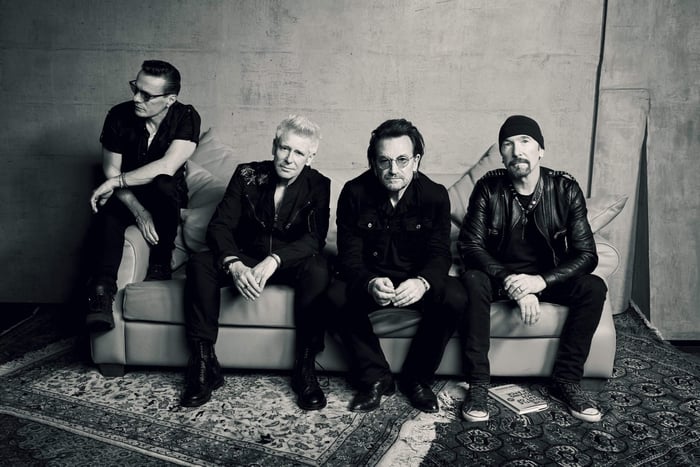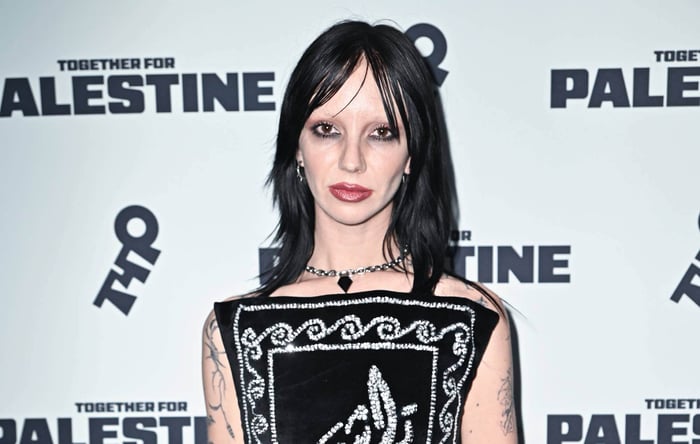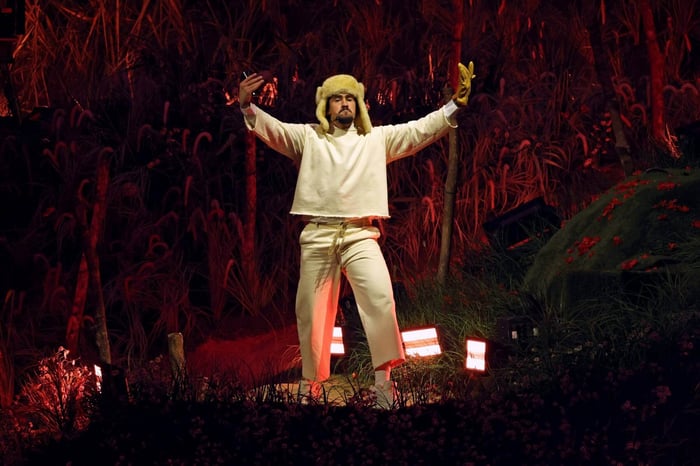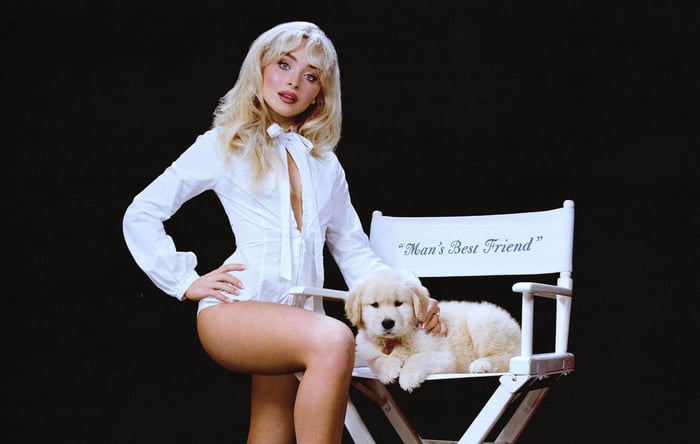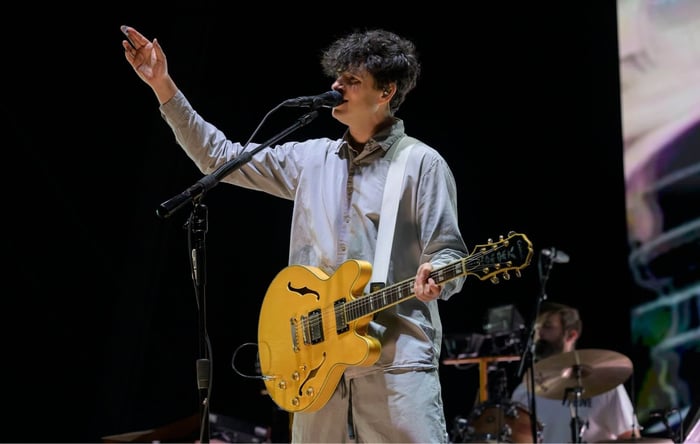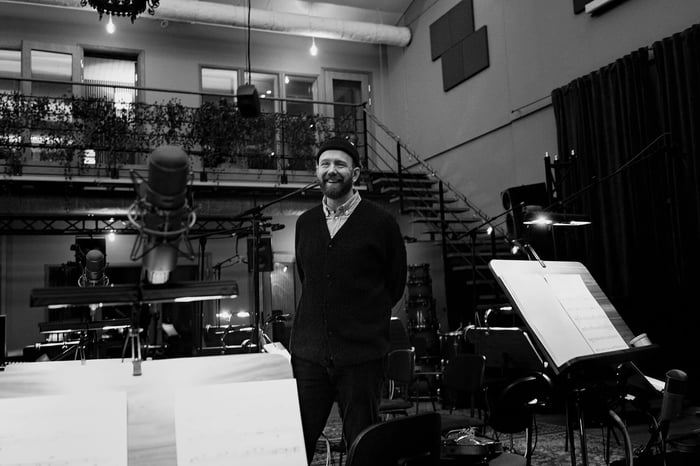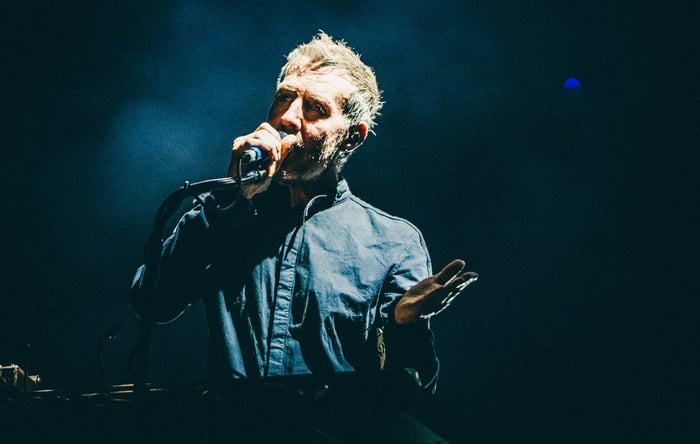
Fontaines DC and Amyl & The Sniffers Head 400+ Artists in No Music For Genocide Campaign Against Israel
Fontaines DC and Amyl & The Sniffers Head 400+ Artists in No Music For Genocide Campaign Against Israel
Over 400 artists unite to boycott music streaming in Israel amid Gaza genocide, while Massive Attack pledges a full Spotify boycott.
When music meets activism, it strikes a chord that resonates far beyond the stage. Recently, over 400 artists including Fontaines DC and Amyl & The Sniffers have come together in a bold move: the No Music For Genocide campaign, urging a cultural boycott of Israel in response to the ongoing genocide in Gaza. Massive Attack, a pivotal force in this movement, has taken it a step further by committing to a full Spotify boycott. Let’s dive into this powerful collective action that blends the pulse of music with a call for justice.
A Rising Wave of Cultural Boycott: Music as a Form of Resistance
The No Music For Genocide campaign is not just a slogan; it’s a cultural boycott initiative encouraging artists, labels, and rights-holders to pull their music from streaming platforms in Israel. This is a response to the grave human rights crisis unfolding in Gaza, described by many as genocide.
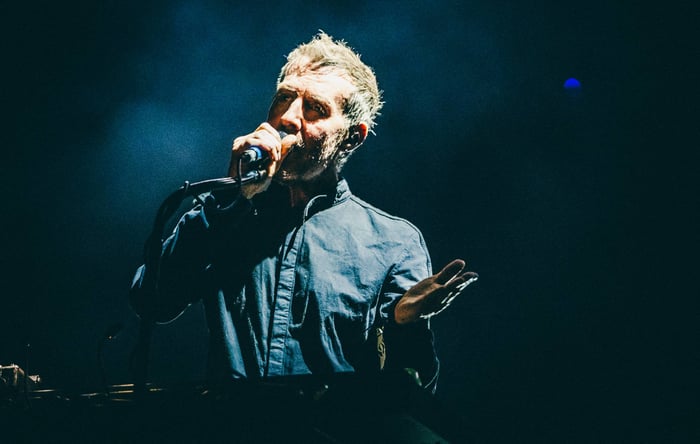
This campaign sees participation from a vibrant collective of largely independent artists who are taking a stand. Rina Sawayama, MIKE, Primal Scream, Faye Webster, Kneecap, Japanese Breakfast, Yaeji, King Krule, MJ Lenderman, Mannequin Pussy, Wednesday, Soccer Mommy, and MØ are just a few names lending their voices—and music—to this cause.
Many of these artists have taken concrete steps, editing the territories where their music is available or sending geo-block requests to distributors and labels. The campaign calls on major label groups like Sony, Universal Music Group (UMG), and Warner to follow this lead, especially given their earlier swift suspensions of operations in Russia during the Ukraine conflict.
The Power of Culture Against Oppression
At its heart, the No Music For Genocide coalition argues that culture alone cannot stop bombs, but it plays a crucial role in rejecting political repression and shifting public opinion towards justice. Here’s a poignant excerpt from their statement that echoes this sentiment:
“Culture can’t stop bombs on its own, but it can help reject political repression, shift public opinion toward justice, and refuse the art-washing and normalization of any company or nation that commits crimes against humanity.” – No Music For Genocide coalition
This campaign is part of a broader movement with international reverberations: from Film Workers For Palestine pledges to dockworkers in Morocco refusing to load weapons onto Israeli-bound vessels, to Spain’s ban on Israel-bound ships and aircraft. It’s a global tapestry of activism woven from many threads.
Massive Attack’s Full Spotify Boycott: A Moral and Ethical Stand
Massive Attack have been vocal and active in this campaign, and their stance is especially notable. The band has requested that their music be removed not just from Israeli platforms but entirely from Spotify worldwide. This decision is linked to reports that Spotify’s CEO Daniel Ek has invested in a company producing military drones and AI technology used in fighter aircraft.
In their Instagram statement, Massive Attack said:
“In light of the (reported) significant investments by [Spotify’s] CEO in a company producing military munition drones & AI technology integrated into fighter aircraft, Massive Attack have made a separate request to our label that our music be removed from the Spotify streaming service in all territories... the economic burden that has long been placed on artists is now compounded by a moral & ethical burden.”
This move underscores the entanglement of commerce, technology, and warfare in today’s digital music landscape, compelling artists to reckon with where their art ends up and who profits from it.
A Historic Echo: From Apartheid South Africa to Palestine
The campaign draws a powerful line of historical continuity. Just as artists once boycotted apartheid South Africa to challenge systemic oppression, today’s musicians are asked to take up a similar mantle against what they call the genocidal policies of Israel.
Massive Attack highlighted this continuity by referencing the recently announced Film Workers for Palestine campaign, where over 4,000 film industry professionals have pledged not to work with Israeli film groups implicated in genocide and apartheid.
They urged fellow artists to channel their feelings into unified and effective action:
“As of today, there’s a musician’s equivalent of the recently announced @filmworkers4palestine campaign... We’d appeal to all musicians to transfer their sadness, anger and artistic contributions into a coherent, reasonable & vital action to end the unspeakable hell being visited upon the Palestinians hour after hour.” – Massive Attack
Other Artist Boycotts and Upcoming Shows
The boycott movement is gaining momentum beyond just the No Music For Genocide campaign. King Gizzard & The Lizard Wizard, Xiu Xiu, and Deerhoof are among other artists who have declared their intention to boycott Spotify.
And on a lighter note amidst this heavy activism, Massive Attack will be sharing the stage with Kneecap at Wembley Arena on September 18—a rare and powerful moment where music and message will converge live.
Why This Matters: Music’s Role in Social Movements
Music has always been more than entertainment—it’s a vessel for expression, resistance, and community. When artists unite in a collective stand, they amplify voices that might otherwise go unheard. This campaign shows how the music industry can leverage its influence to challenge injustices and reshape narratives.
No Music For Genocide is a call to reclaim agency at a time when global crises demand more than passive listening—they demand action.
FAQ
- Who are some key artists involved in the No Music For Genocide campaign?
Fontaines DC, Amyl & The Sniffers, Rina Sawayama, Primal Scream, Japanese Breakfast, King Krule, and many others. - What action does the campaign call for?
Artists are urged to geo-block or remove their music from streaming platforms available in Israel. - Why is Massive Attack boycotting Spotify entirely?
Due to Spotify’s CEO’s reported investments in companies producing military drones and AI technology connected to fighter jets. - Is this campaign connected to other cultural boycott movements?
Yes, it parallels movements like Film Workers for Palestine and historical boycotts against apartheid South Africa. - How can fans support this movement?
By supporting artists involved, spreading awareness, and considering where they stream or purchase music.
If this story moved you, why not bring a piece of this powerful moment home? Shop your favorite album cover posters at our store. Celebrate music that speaks truth and stands for justice with art that inspires.
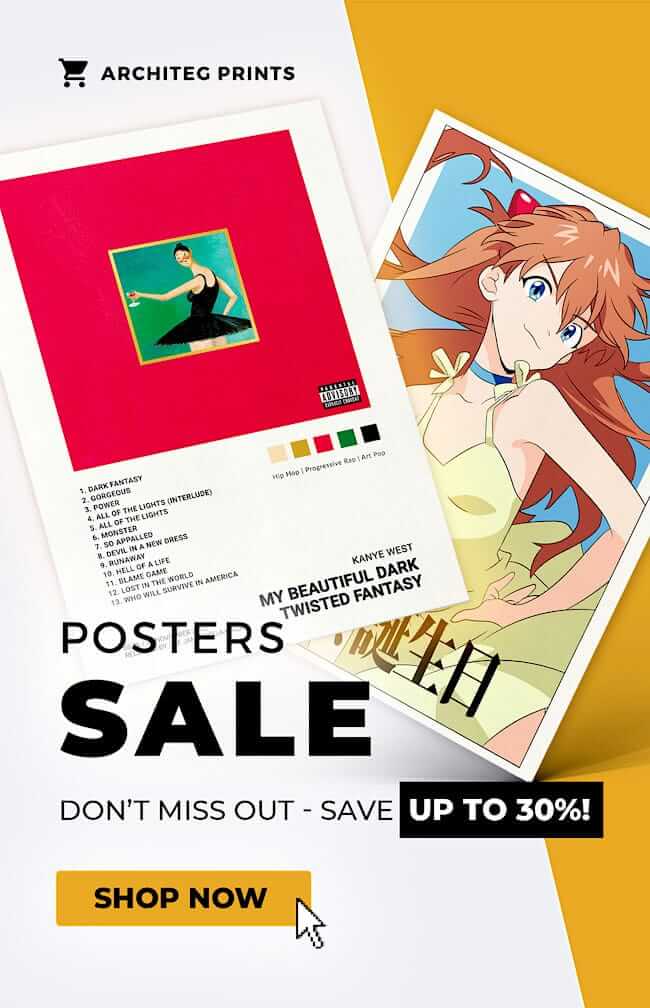 | DISCOUNTGET 30% OFF*Use code on your next order:
|
* This post may contain affiliate links, meaning we earn a commission if you make a purchase through these links, at no additional cost to you.




